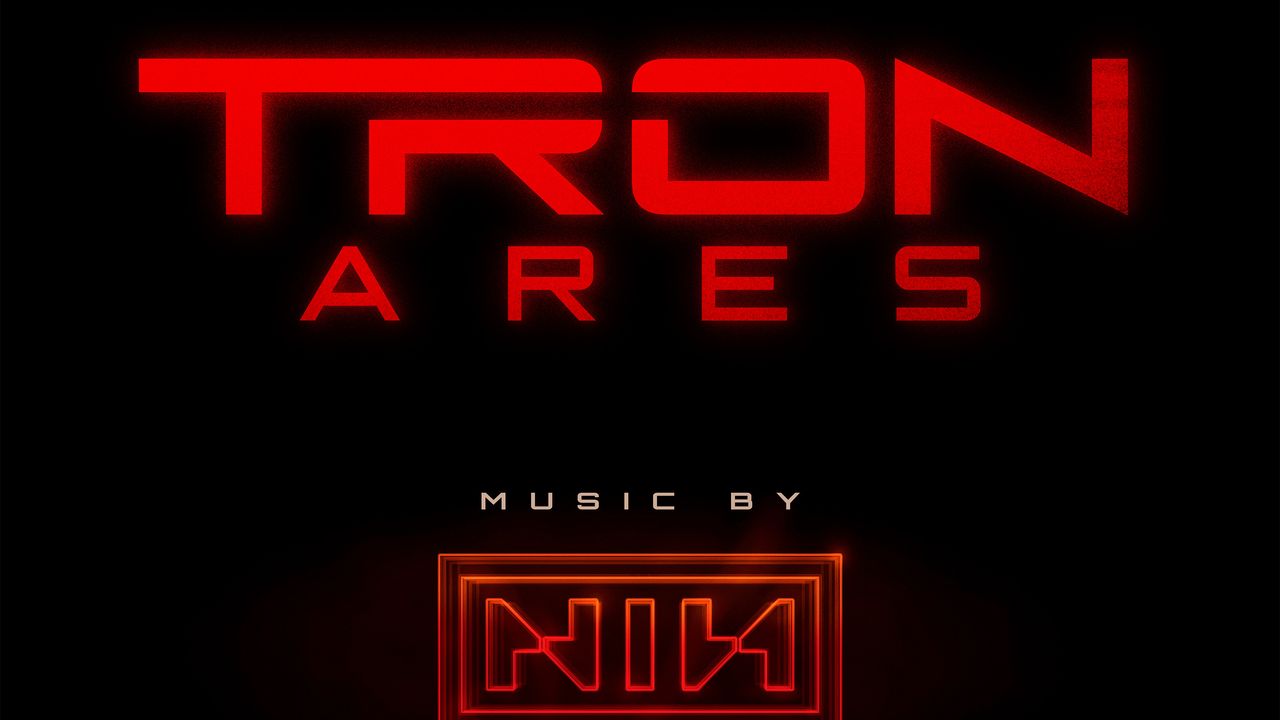Trent Reznor has spent his summer on stages around Europe and North America shouting the words “fist fuck” to big cheers. He’s playing a song he once used to soundtrack a video of a man’s penis being sliced off with a razor blade; the actual music video—the one they could play on TV—was shot in the house where Sharon Tate was murdered. Yes, he still says he wants to fuck you like an animal, this 60-year-old father of five.
It’s not unusual for rock stars to keep playing the music that made them rich and famous once they’re well past the point of believability and Reznor’s evolution into health-goth poet laureate and avatar of spooky respectability now accounts for nearly half of his career. He’s a Tony away from the EGOT, something not yet achieved by any other former tourmate of the Jim Rose Circus. The music is still dark—“Hurt” doesn’t stop being “Hurt” just because the guy who wrote it got his life together—but it no longer feels threatening. So much so that the idea to credit the Tron: Ares score to Nine Inch Nails, rather than to Reznor and his composing partner and bandmate Atticus Ross, came from the president of Disney Music himself.
This is, obviously, savvy branding: What other film franchise can boast scores by three of the most important artists in electronic music history, with Nine Inch Nails joining Wendy Carlos’ work on the original Tron in 1982 and Daft Punk’s take on Tron: Legacy over a decade ago. While Reznor is now the kind of guy who casually uses the term “IP” when talking about movies, he’s always had a nous for the importance of image-building. From the very start, all Nine Inch Nails releases have been branded with a Halo number, a way of symbolically stamping the music as belonging to NIN’s main body of work. Tron: Ares is Halo 36, the first of their scores to be catalogued as such; it’s also Null 22, the designation reserved for film work.
The question of what makes Tron: Ares a Nine Inch Nails record, rather than a Trent Reznor and Atticus Ross score, is the kind of thing fans have been arguing over and inflating the importance of for decades; the conversation has simply moved from alt.music.nin to r/nin. But it’s a question the record begs of itself. Does it have the weird aura of a true Nine Inch Nails project, the thing that makes all art feel like art, or is it competently produced work for hire?
